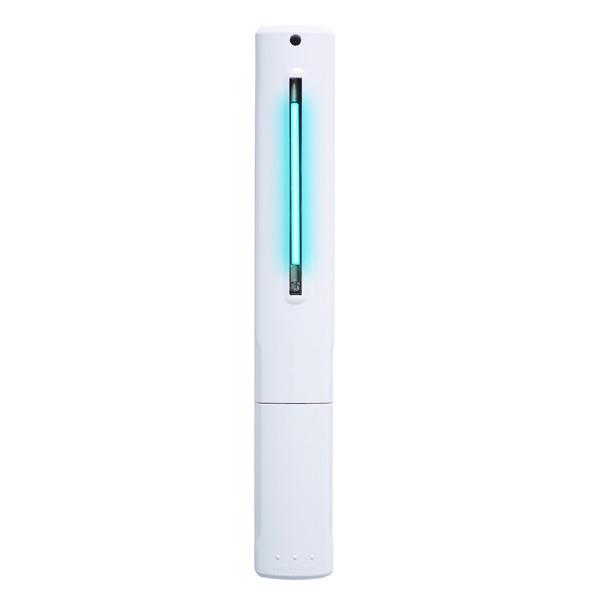
Morning, long-lifers. Here’s what’s new:
Aging as a medical condition — doctors may soon prescribe birthdays like blood pressure meds. Finally, a cure for growing old—take one pill and lie about your age with confidence.
Healthcare may not be ready, but your driver’s license definitely is.
Don’t keep longer. a secret—share it with your friends!
This week in longevity:
🧠 Exercise boosts brain even without ketones
🦴 FDA approves bone loss wearable for women
🧪 New biomarker predicts dementia better than age
❄️ Cryopreservation emerges as end-of-life option
🐟 Antioxidants in berries and fish slow skin aging
Plus, more longevity breakthroughs.
Read time: 5 minutes
THIS WEEK IN LONGEVITY
🧬 Treat aging like high blood pressure, say top scientists
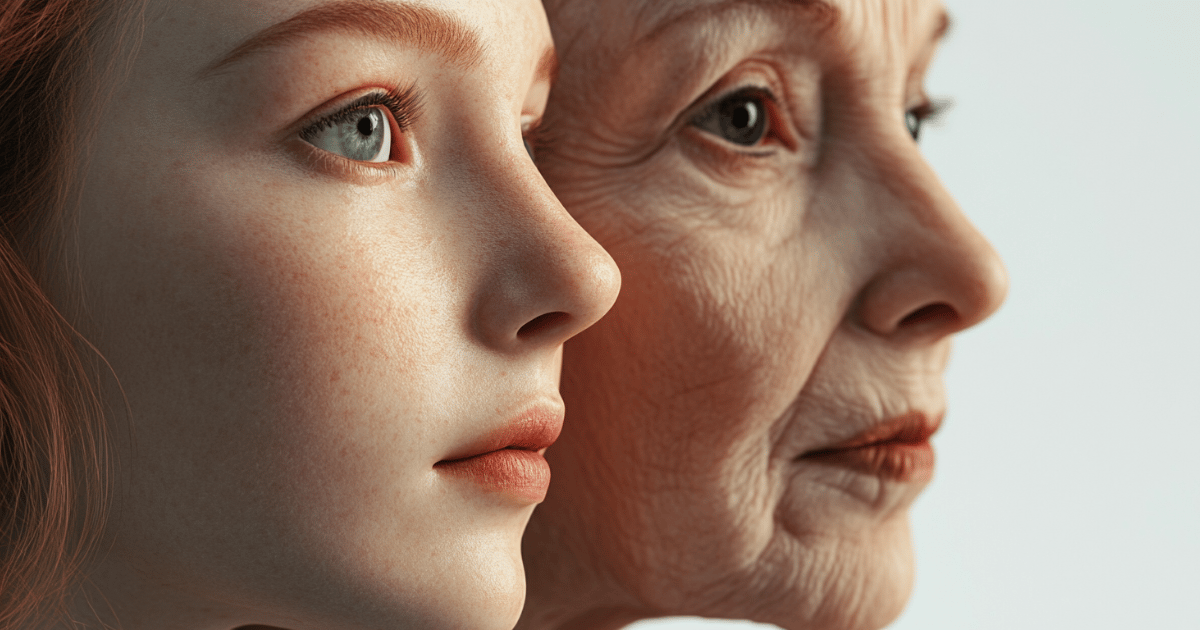
Source: longer. / Midjourney
Top aging researchers just made a bold case: treat aging itself, not just the diseases it causes. In a new Cell paper, they introduce “geromedicine” — a model that targets aging biology to delay or prevent multiple conditions at once. The tough part? Healthcare isn’t built for it yet.
What to know:
Aging is the common thread: Heart disease, dementia, diabetes — many chronic conditions share the same root causes tied to aging.
Treat the process, not just the symptoms: Instead of waiting for diseases to appear, geromedicine aims to slow aging itself to keep people healthier for longer.
Early treatments are being tested: These include drugs that clear out old cells (senolytics), boost cell energy (NAD+), or adjust how cells grow and repair (rapamycin).
Clinical trials aren’t built for this: Current drug approval systems focus on one disease at a time. Aging therapies work across the board — but that’s harder to measure.
We need better ways to track aging: Tools that measure biological age (like epigenetic clocks) are improving, but not yet used widely in medicine.
Why it’s important: We spend most of our healthcare dollars treating problems that start with aging. If we target aging earlier, we could add healthy years — not just more years. Think less whack-a-mole, more system upgrade.
MADE POSSIBLE BY VIOME
🧬 Your body’s not guessing — why should your supplements?

Source: Viome
Viome’s Full Body Intelligence Test looks at your microbiome, cellular health, and biological age to show what’s really going on inside.
Then it builds personalized supplements based on your results — only what your body needs, nothing extra.
Better sleep. Better energy. Better digestion.
Now through May 12: $100 off for Mother’s Day (no code needed).
Trusted by 500,000+ and shipped straight to your door.
🧠 Exercise protects memory — even with low fuel
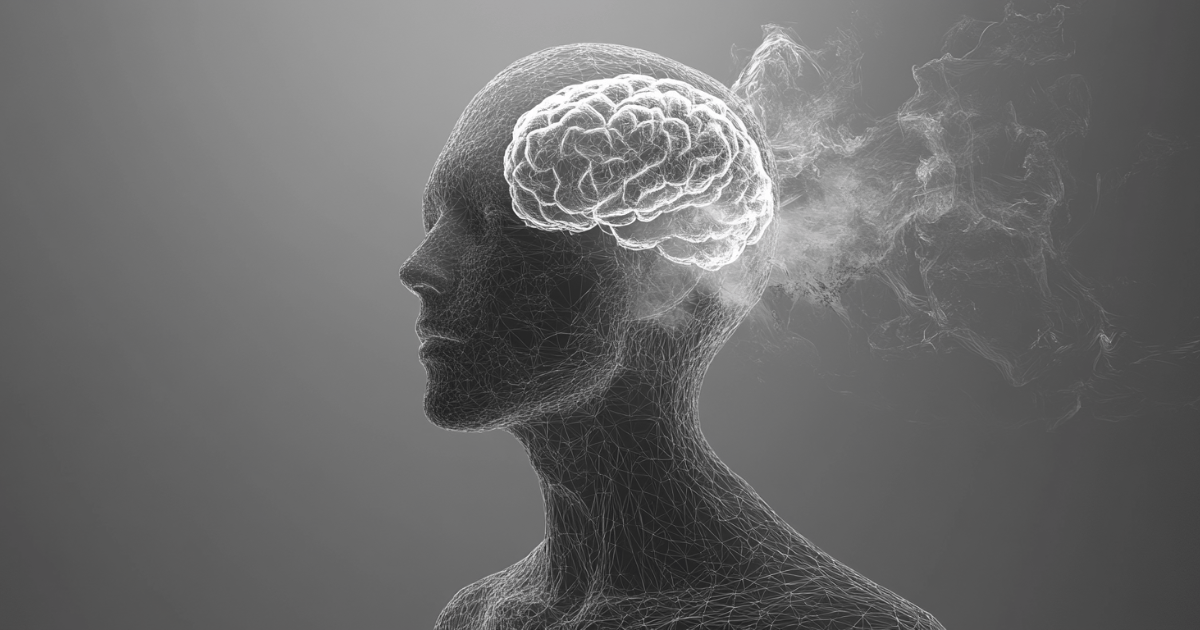
Source: longer. / Midjourney
A new study from the University of Missouri shows that exercise still protects the brain, even when the liver can’t produce ketones — an energy source that supports memory and cognition. That means staying active may help prevent cognitive decline through other, less understood pathways. Turns out, movement might matter more than metabolism.
What to know:
Ketones power the brain: When glucose is low, the liver makes ketones — backup brain fuel linked to learning and memory.
Liver trouble usually means brain trouble: Without ketones, brain function drops. It’s a known risk in liver disease and aging.
But exercise still works: In the study, physical activity improved brain performance even when ketone production was blocked.
Other brain-boosting pathways exist: The researchers say exercise benefits the brain in multiple ways — beyond just fueling it.
Especially important for at-risk groups: This could help people with liver conditions or metabolic issues stay mentally sharp longer.
Why it’s important: We often hear that “exercise is good for the brain,” but this study shows how good — even when key systems break down. It’s another reason to keep moving, especially as we age. Your liver might tap out, but your sneakers won’t.
💡 Want to break down a research article? Try this prompt in ChatGPT:
“Explain this in plain language. Avoid science terms. Keep it under 5 sentences. Then give 5 takeaways based only on this summary—no extra info or guesses: [Paste the article here]”
MONEY MOVES IN LONGEVITY
💰 Hundred Health acquires BellSant in all-stock deal — adds brains and biodata before its big summer debut.
💰 Stately Bio launches with $12M Seed to image living cells with ML — stealth mode off, cell states on display.
💰 Trilobio raises $8M Seed to scale its robotic lab-in-a-box — reproducibility just got plug-and-play.
💰 NewLimit lands $130M Series B to boost epigenetic reprogramming — youth mode shows real signs of life.
IN THE SPOTLIGHT
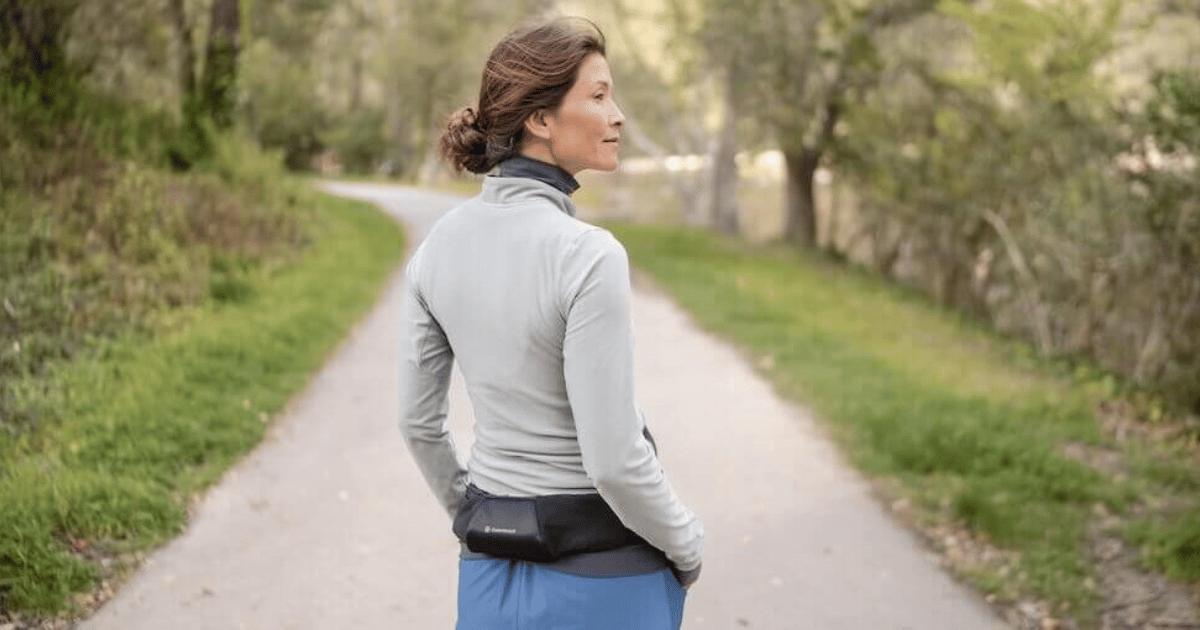
Source: Osteoboost
1. FDA clears Osteoboost wearable for bone loss prevention
The first device for osteopenia—early bone thinning—uses gentle daily vibrations to slow spine and hip bone loss in postmenopausal women. Clinically proven to reduce weakening, it fills a key gap before fractures occur. Think Fitbit meets fracture prevention—with real science behind the buzz.
2. Klotho protein boosts lifespan and brainpower in mice
Aging mice treated with a gene therapy to produce more Klotho lived longer and showed better muscle, bone, and brain health. Klotho appears to protect against physical and cognitive decline, offering hope for aging-related therapies. Think of it as a biological upgrade—stronger, sharper, and sticking around longer.
3. Biological age predicts dementia risk better than birthdate
People aging faster biologically face up to 35% higher dementia risk, regardless of their actual age or other known factors. Accelerated aging shrinks brain structure, making early detection and prevention more urgent. Your cells might be aging faster than your calendar—time to check what your biology says.
THE NEXT BIG THING
The First Cryopreservation Backup Plan
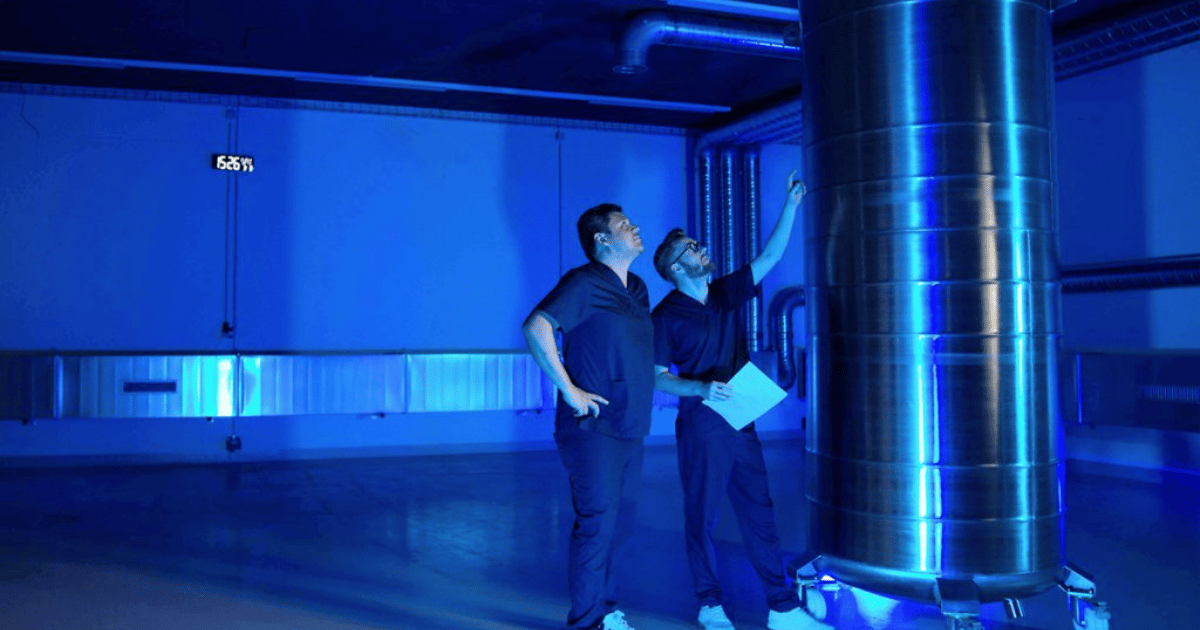
Source: Tomorrow bio
A new end-of-life option is emerging—not burial or cremation, but biological pause.
Tomorrow Bio is positioning cryopreservation as a rational, last-ditch effort to preserve life after legal death. Using cryoprotectants and vitrification, the body is cooled to -196°C in hopes of future revival once medicine catches up.
Future of deathcare or just a frozen gamble?
WHAT ELSE YOU SHOULD KNOW THIS WEEK
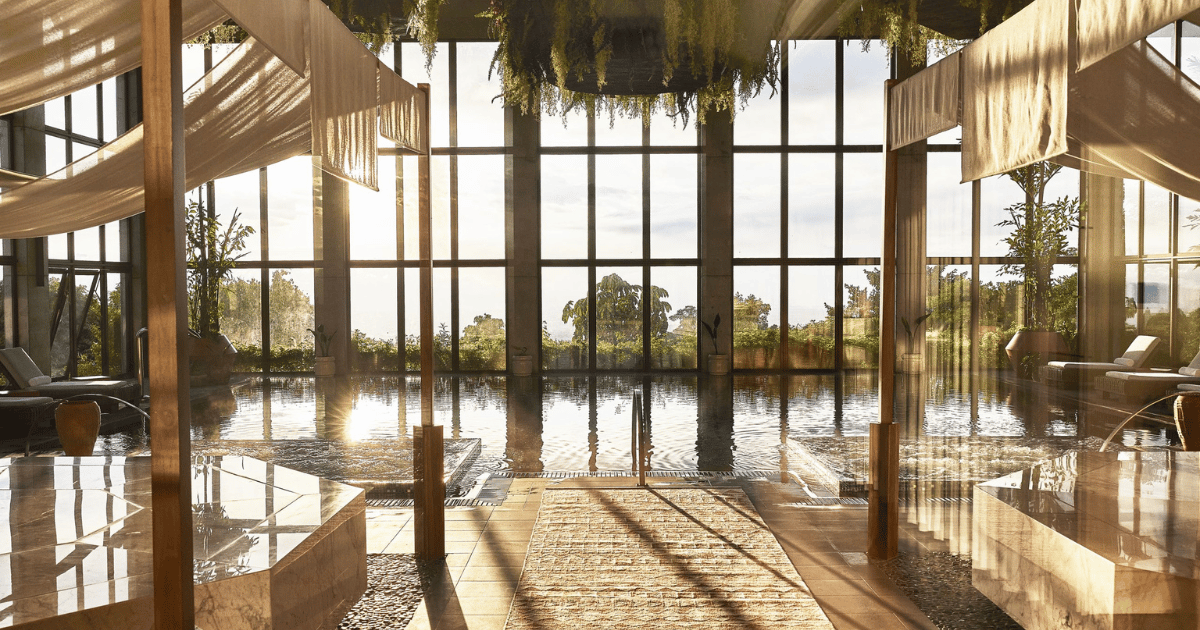
Source: Hacienda AltaGracia
🍓 Youthful Fuel: A new Food Science & Nutrition review finds antioxidant-rich foods like berries and fish help slow skin aging. Sugars and trans fats speed wrinkles by damaging collagen (skin-firming protein).
🌿 Blue Zone: Estée Lauder opened its first Skin Longevity Institute at Costa Rica’s AltaGracia resort, deep in a world-famous Blue Zone. The retreat blends luxury skincare, tech, and holistic healing for a science-meets-spirit glow.
🧠 Brain Boost: Scientists used microrobots and ultrasound to steer stem cells into the brain and trigger neuron growth. The method grew neuron branches 90% longer, boosting hope for treating Parkinson’s and Alzheimer’s.
💉 Age Reset: A new study found that clearing damaged “zombie” cells (senescent cells) slowed muscle aging by 68% in old mice. The treatment boosted repair by reprogramming aging genes and enhancing regeneration.
🧘 Free Longevity: Kayla Barnes-Lentz, a 33-year-old biohacker, claims her biological age is 22 thanks to simple, daily habits. Despite owning a high-tech clinic, she swears by sleep, walks, and strong social bonds for lasting health.
WHAT WE’RE BOOKMARKING
📱 Social
🎧 Podcasts
📰 Articles
⚙️ Tools to Try
Thanks for reading.
What did you think of this week’s newsletter?
See you in the next issue.


.jpg)

